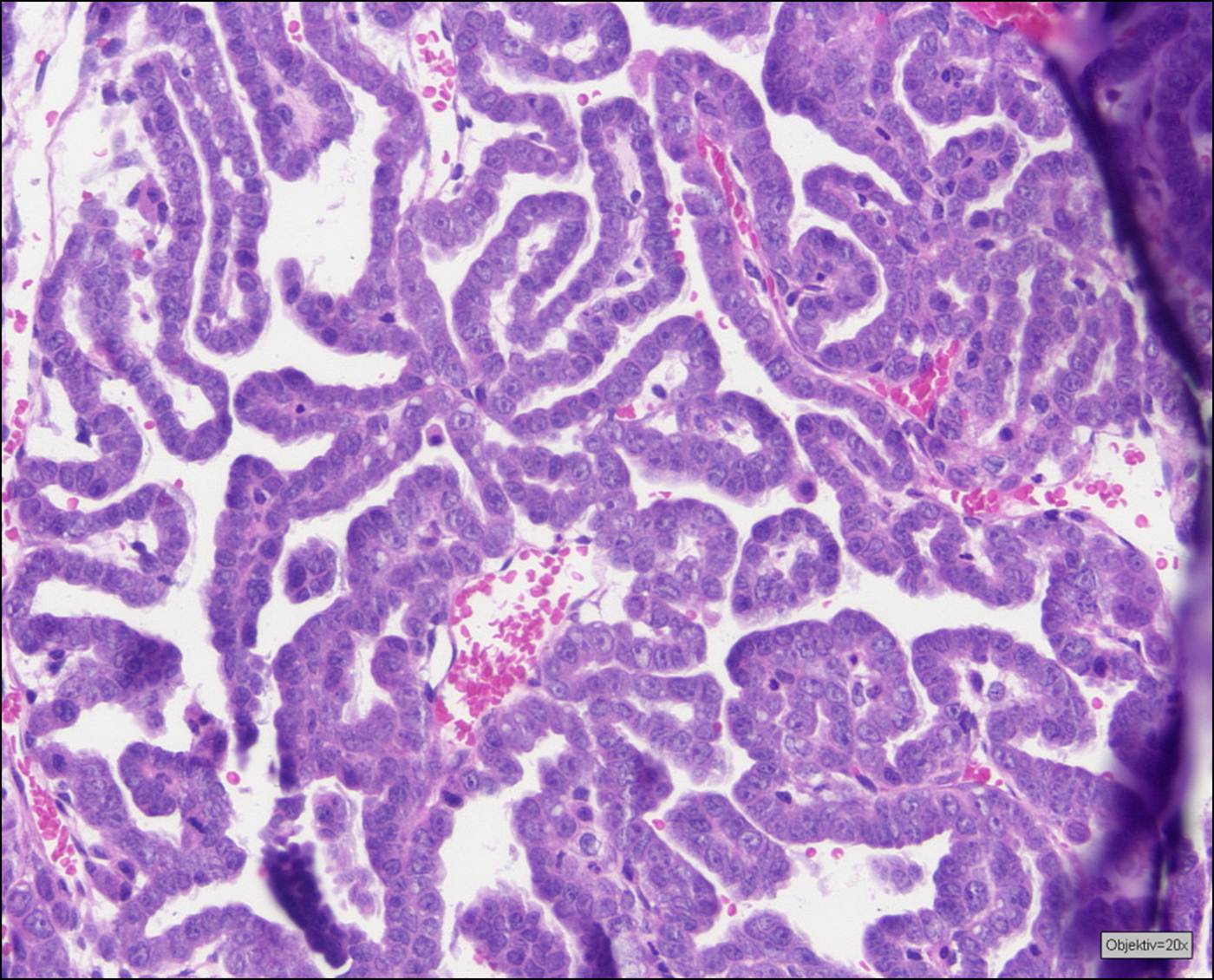SP 7
Modulation of oncogenic signaling through epigenetic writers of the histone code
Modifications in the chromatin histone backbone, i.e. methylation, acetylation, and others, were discovered as critical determinants regulating gene expression in many cellular processes including malignant transformation. Here, we aim to understand gene-regulation through key epigenetic writers in a paradigmatic set of lung cancers with known oncogenic driver lesions. Therefore, ex-pression levels of the most important histone writers, H3K4/9 demethylase LSD1, H3K27 methylase EZH2 and H3K18 histone acetylases CBP/p300 will be measured. Genes regulated downstream of their activity will be identified by genome wide Chromatin ImmunoPrecipitation sequencing (ChIPseq). Genes paradigmatic for signaling knots will be validated by qRT-PCR and promoter site-specific ChIP. Two lung cancer cell lines each with paradigmatic genetic lesions, i.e. KRAS mutations for smoking-associated disease as compared to EGFR mutations and EML4/ALK trans-locations for non-smoking-associated lung cancer.

Importantly, epigenomically driven gene expression pathways will be validated by ChIP experi-ments in a large cohort of primary tumors representing these KRAS, EGFR and ALK genomic le-sions and compared to rebiopsies obtained after therapy failure. Together with Johannes Berg, these data will unravel the epigenomic regulatory mechanisms driven by single oncogenic genome mutations and their modulation by therapy. In collaboration with Christian Reinhard we will perform ChIP experiments also in murine preclinical models of lung cancer with the respective oncogenic driver lesions (i.e. KRAS, EGFR and EML4/ALK) and study the effect of inhibitory tool compounds for LSD1, EZH2 and CPB/p300 in primary and metastasized tumor cells in vivo. The overall aim of SP6 is to explore whether epigenomic marks written by LSD1, EZH2 and CBP/p300 modulate known oncogene dependencies, modulate the genomic space of evolution under therapy and may provide novel targets for combinatorial and personalized therapies.
Keywords: lung cancer, egigenetic modifications



